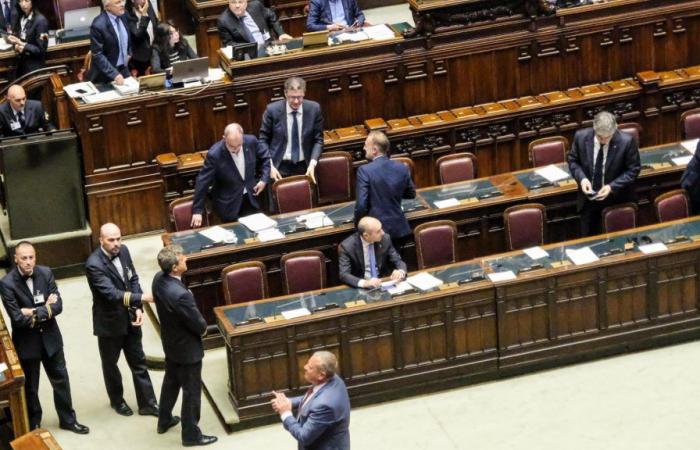
BRUSSELS. The cuts to the tax wedge “have a limited scope”. The extension of the flat tax to the self-employed “worses the fairness and efficiency of the tax system and discourages the growth of businesses”. The amnesties and the five-year limit for the collection of tax bills “risk producing negative effects on tax compliance”. The failure to put the beach concessions out to tender leads to “significant losses of revenue”. And not even differentiated autonomy is safe from Brussels’ judgement, a reform that brings with it “risks for cohesion and public finances”.
In the European Commission document which contains the recommendations to Italy there is a blunt rejection of the government’s recent choices, both with regards to taxation and with regard to the Calderoli law which assigns greater powers to the Regions. In a context of «disparity between the North and the South», with the reform just approved by the Chamber «the risks of an increase in regional inequalities remain», «institutional complexity» increases and consequently costs increase «both for the sector public as well as private.”
According to Brussels, Italy should also do more to eliminate restrictions on competition in certain sectors, including “retail trade, regulated professions”, but also “the railways, where the awarding of transport contracts regional and interurban services must be competitive.” Obstacles to competition persist in other services, such as “post offices, pharmaceutical products, chambers of commerce and private vehicle rental”. The aging of the population and its effects on the pension system are of great concern and should be countered with family policies, but also by encouraging immigration and with “a global strategy to attract and retain highly qualified workers and students”.
However, it is on the tax front that the Meloni executive’s action seems to be going in the wrong direction because “the measures adopted so far do not address the main challenges”. Brussels would like “a more structural and growth-friendly reform of the tax system” with “a neutral shift from production factors to other sources less harmful to growth”. Without saying it explicitly, the message is: less taxes on work and more taxes on housing. And maybe even “on company cars” that emit CO2 in order to “better support the green transition”.
The EU Commission, for the umpteenth time, is asking to cut through the jungle of tax breaks and update cadastral income precisely to increase tax revenue from bricks and mortar. The reduction of the tax wedge is therefore necessary, but what has been done so far is not enough: first of all because “the wedge cuts have a rather limited scope” and secondly because, despite the announcements of wanting to confirm this measure, the coverage is only temporary. The flat tax for the self-employed is considered unfair, inefficient and a disincentive for those who want to grow their business. The preventive agreement also “deserves careful monitoring”, while the Commission recognizes the risk that the reduction of sanctions linked to tax evasion will end up favoring it.





